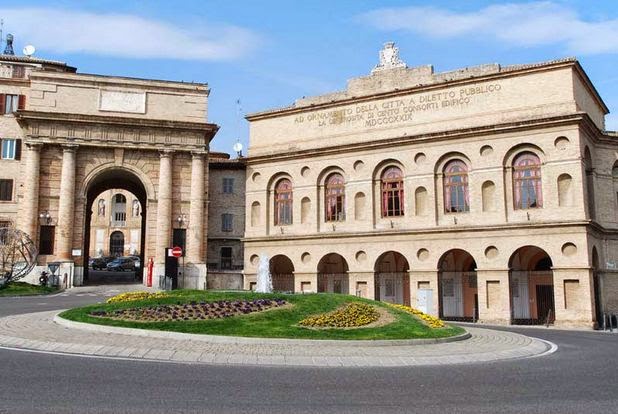Beautiful Blooms Battle it Out...
 |
| Bluebells - photo courtesy of Cosmo_71 |
Do you have a favourite wildflower?
The wild plant conservation charity, Plantlife, has launched a survey to discover the nation’s favourite, but oh, what a choice! A shortlist of 25 species has been drawn up, and the West Country is blessed with a host of blooming leading contenders.
From Somerset and Dorset, across Devon to the end of Cornwall, wildflowers thrive in our ancient hedgerows and gently farmed fields. Take a trip west and before you even arrive at your holiday home you’ll be welcomed en route by blowsy clouds of cow parsley and cheery oxeye daisies.
Wildflowers are wonderfully evocative, markers of the cycle of seasons, stirring innocent memories of childhood picnics, country walks and daisy chain necklaces.
Some have terrific fragrance: the heady musk of wild honeysuckle, often scented before spotted when wandering a lane on a summer’s evening; the incongruously tropical coconut perfume of vivid yellow gorse flower on a moorland slope; the subtle but unmistakable sweetness of the delicate pink dog rose.
It’s no coincidence that many of the blooms heading the race for victory are the heralds of spring and early summer. Drifts of snowdrops, shy swarms of lemon-yellow primroses and carpets of vivid bluebells regenerate and fill us with optimism for sunshiny days ahead.
 |
| Shippen Cottages |
Many of our holiday homes are hidden sanctuaries where you can lose yourself in nature. Picnic tables in organic wildflower meadows invite you to unpack a hamper of goodies at 1 and 2 Shippen Cottages in Wilmington, and West Huckham Barn, a 200-year-old Exmoor cottage, is deep in the unspoiled Quarme Valley full of flowers. South Barn is a haven for nature lovers, with a natural area of ponds and wildflowers; stroll at dusk for evening flower scents and stars emerging in a huge, unpolluted sky. We’ve lots more countryside havens; do ask us if you’d like help finding your perfect place.
 |
| South Barn |
Political party leaders have battled it out and election fever has left us oft-times jaded – what better antidote than seeing the snakes head fritillary go head to head with the lesser celandine and ticking a box for your favourite wild blossom? Visit www.plantlife.org.ukto vote.
.png)





























